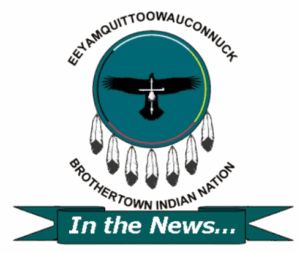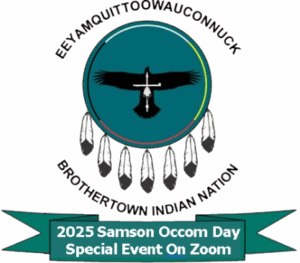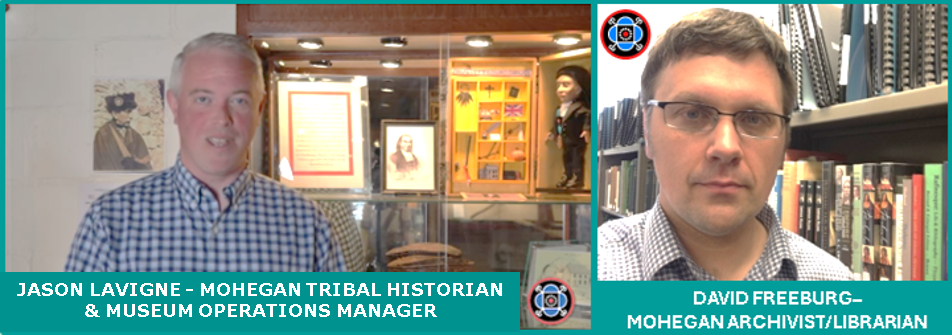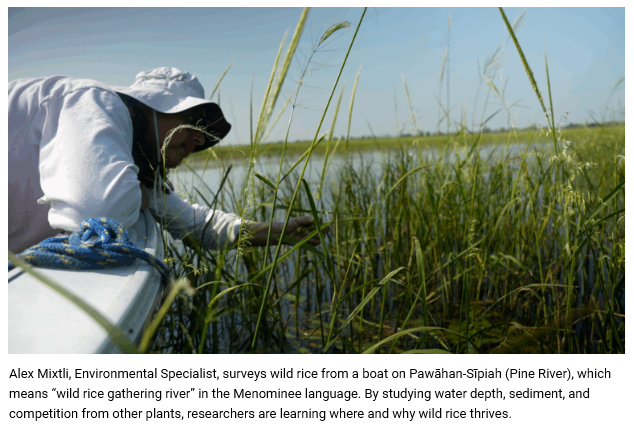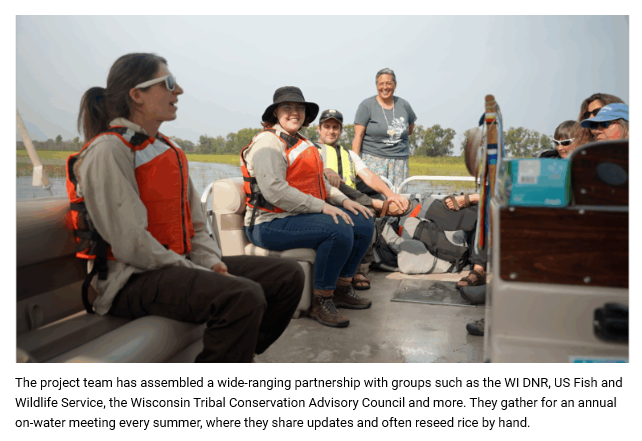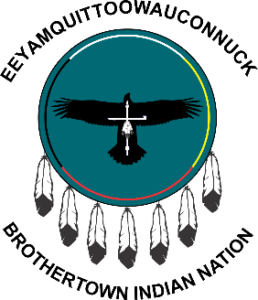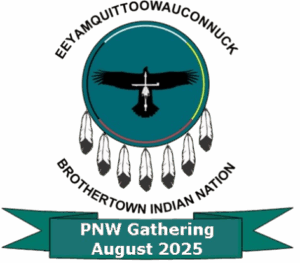In the news: July 14 is Samson Occom Day for the Brothertown Indian Nation.
Daphne Lemke – Fond du Lac Reporter
July 11,2025
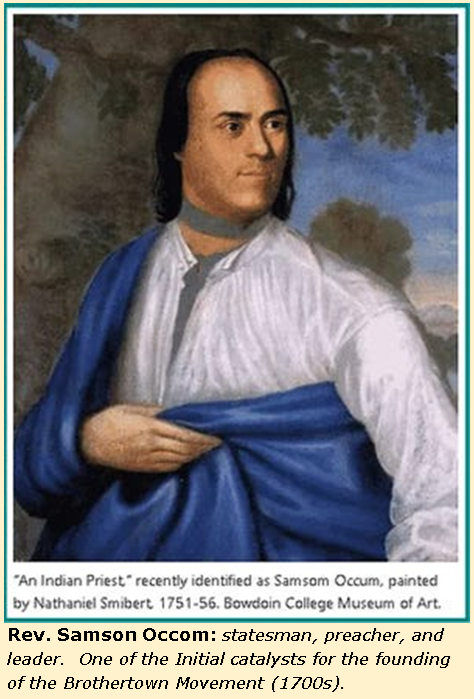
Read the entire article here: https://www.fdlreporter.com/story/news/2025/07/11/brothertown-indian-nation-in-wisconsin-marks-samson-occom-day-july-14/84535173007/
Here’s what that means: Samson Occom Day honors an early leader of the tribe, which dates to the 18th century on America’s East Coast. Samson Occom, a Mohegan statesman and preacher, played a key role in uniting people from several tribes in the 18th century, ultimately leading to the formation of the Brothertown Indian Nation.
FOND DU LAC – Did you know July 14 is a day to celebrate with the Brothertown Indian Nation? Samson Occom Day honors an early leader of the tribe, which dates to the 18th century on America’s East Coast.
Brothertown Indian Nation will celebrate with a special event at 7 p.m. July 14 over Zoom or phone, with featured speaker Jason LaVigne, Mohegan tribal historian and Tantaquidgeon Museum operations manager, and special guest David Freeburg, Mohegan archivist and librarian, who will share some of Occom’s original manuscripts.
The Brothertown community is composed of descendants of Mohegan, Eastern Pequot, Mashantucket Pequot, Niantic, Narragansett, Montauk and Tunxis peoples, all from the areas of New York, Connecticut and Rhode Island. In the 17th and 18th centuries, many nations fled where they were living because of war, displacement and other pressures on the land, according to Phyllis Tousey, chair of the BIN Council.
Born in the Mohegan nation in Connecticut in 1723, Occom was a statesman and a preacher who bonded with many groups that had started to form amid displacement, according to Brothertown history. So, when he was trying to bring people together, he had people he could help reorganize into the Brothertown Indian Nation.
The article continues on the Fond du Lac Reporter, here: https://www.fdlreporter.com/story/news/2025/07/11/brothertown-indian-nation-in-wisconsin-marks-samson-occom-day-july-14/84535173007/

